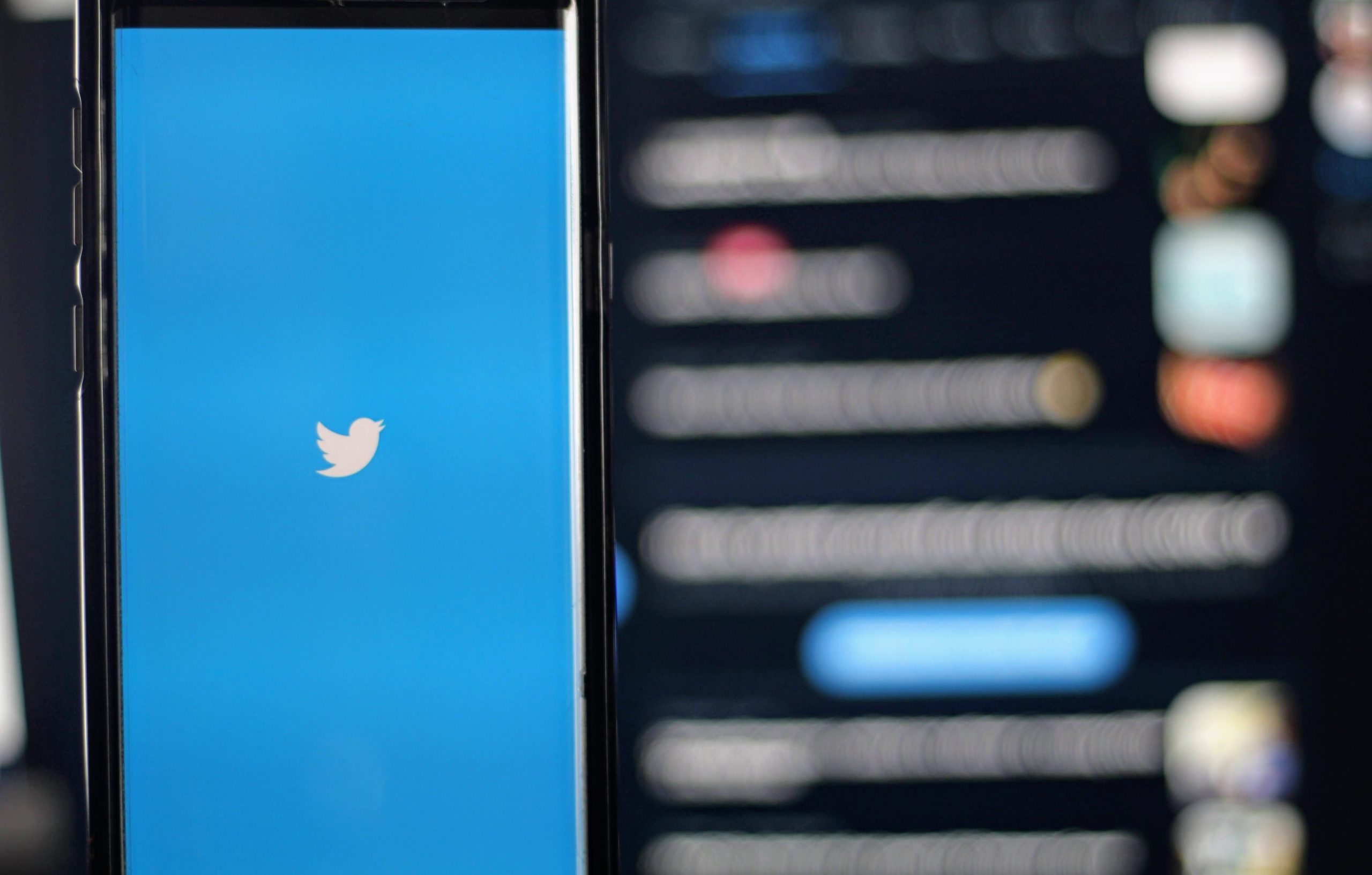
Willie R. Tubbs, FISM News
[elfsight_social_share_buttons id=”1″]
In the two most recent installments of the Twitter Files, parts six and seven, journalists Matt Taibbi and Michael Shellenberger provided more context as to the extremely close relationship between the FBI and Twitter.
The novelty of both men’s reporting isn’t in what they found, but in how much of it they found.
Late last week, in part 6 of the Twitter Files and what he deemed “Twitter Files Supplemental,” Taibbi described the FBI as having a near-ubiquitous presence within the social media company.
Shellenberger, meanwhile, used part 7 to explore the ways in which the FBI and greater intelligence community used their connections at the heights of Twitter to discredit the Hunter Biden laptop story.
“Twitter’s contact with the FBI was constant and pervasive, as if it were a subsidiary,” Taibbi wrote.
3. Twitter’s contact with the FBI was constant and pervasive, as if it were a subsidiary.
— Matt Taibbi (@mtaibbi) December 16, 2022
Regardless of the metaphor one uses, the reality is that the FBI had a major presence at Twitter, both in terms of former FBI employees who held powerful positions within the company and of the agency’s ability to quickly reach executives like the former head of trust and safety Yoel Roth.
The agency then spent months priming Roth and Twitter leadership to receive news unfavorable to Hunter Biden as a Russian hoax.
“[During] all of 2020, the FBI and other law enforcement agencies repeatedly primed Yoel Roth to dismiss reports of Hunter Biden’s laptop as a Russian ‘hack and leak’ operation,” Shellenberger tweeted. He also shared a sworn affidavit from Roth that indicates just how extensive was the FBI’s effort.
12. And yet, during all of 2020, the FBI and other law enforcement agencies repeatedly primed Yoel Roth to dismiss reports of Hunter Biden’s laptop as a Russian “hack and leak” operation.
This is from a sworn declaration by Roth given in December 2020.https://t.co/IvTjyYw9iR pic.twitter.com/5iq2ATB3bW
— Michael Shellenberger (@shellenberger) December 19, 2022
The FBI’s effort to sway Twitter was made far easier by the fact that numerous ex-FBI employees came to hold positions at the social media giant.
“As of 2020, there were so many former FBI employees — “Bu alumni” — working at Twitter that they had created their own private Slack channel and a crib sheet to onboard new FBI arrivals,” Shellenberger tweeted.
29. As of 2020, there were so many former FBI employees — "Bu alumni" — working at Twitter that they had created their own private Slack channel and a crib sheet to onboard new FBI arrivals. pic.twitter.com/prVhPGohOC
— Michael Shellenberger (@shellenberger) December 19, 2022
On the eve of the New York Post’s reveal of the laptop story, an FBI agent sent 10 documents to Roth on a dedicated, one-way communication channel called Teleporter. Just what was in those documents was not made immediately clear.
Either owing to those documents or the monthslong effort to poison the well against any Hunter Biden-related reporting — one might also argue that Twitter leadership’s profound dislike of then-President Donald Trump also factored in — the laptop story was eventually censored.
10. On Dec 2, @mtaibbi described the debate inside Twitter over its decision to censor a wholly accurate article.
Since then, we have discovered new info that points to an organized effort by the intel community to influence Twitter & other platforms https://t.co/1ZF3oottKR
— Michael Shellenberger (@shellenberger) December 19, 2022
In his earlier report, Taibbi described more than 150 emails between FBI representatives and Roth.
“Some are mundane, like San Francisco agent Elvis Chan wishing Roth a Happy New Year along with a reminder to attend ‘our quarterly call next week.’” Taibbi wrote. “Others are requests for information into Twitter users related to active investigations.
“But a surprisingly high number are requests by the FBI for Twitter to take action on election misinformation, even involving joke tweets from low-follower accounts.”
In responding to Taibbi’s report, via a statement shared by journalist Jon Nicosia, the FBI said all content decisions ultimately were made by Twitter.
“The FBI regularly engages with private sector entities to provide information specific to identified foreign malign influence actors’ subversive, undeclared, covert, or criminal activities,” the statement reads. “Private sector entities independently make decisions about what, if any, action they take on their platforms and for their customers after the FBI has notified them.”
The FBI replies to @mtaibbi "The FBI regularly engages with private sector entities to provide information specific to identified foreign malign influence actors’ subversive, undeclared, covert, or criminal activities. Private sector entities independently make decisions about”
— Jon Nicosia (@NewsPolitics) December 16, 2022
It is important to note that while parts 6 and 7 show the FBI involving itself with Twitter’s content moderation efforts, previous installments of the Twitter Files have left little doubt that the company’s leaders did, in fact, hold ultimate authority on content moderation.
In the case of the banning of then-President Donald Trump, Twitter leadership admitted to looking mainly for a justification to remove Trump. The FBI was merely a partner in that process.
